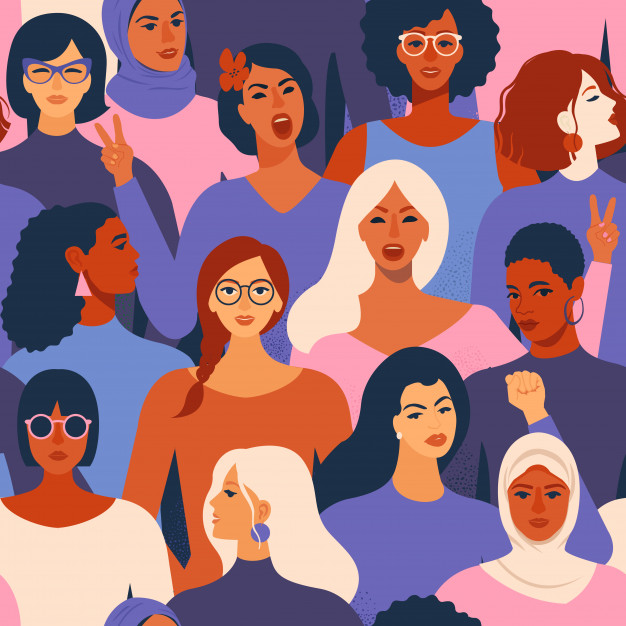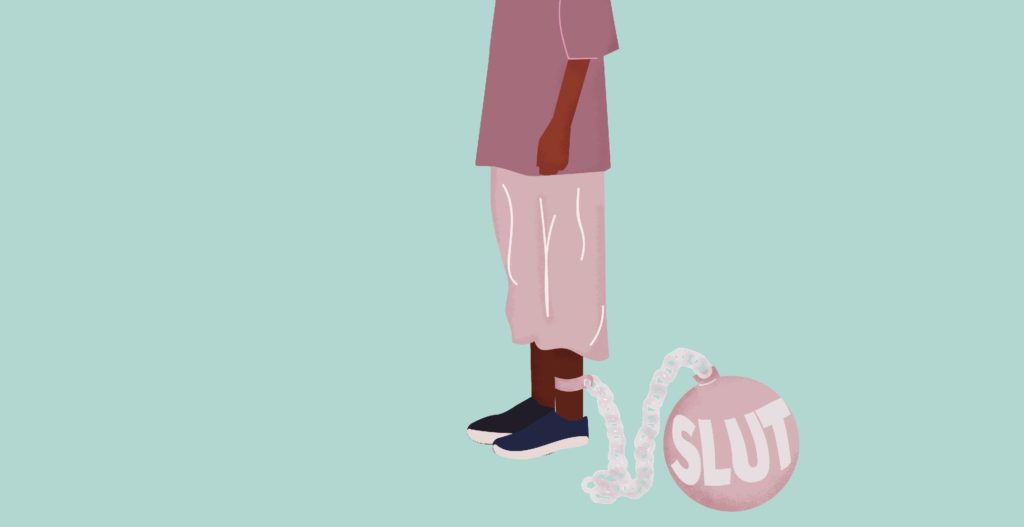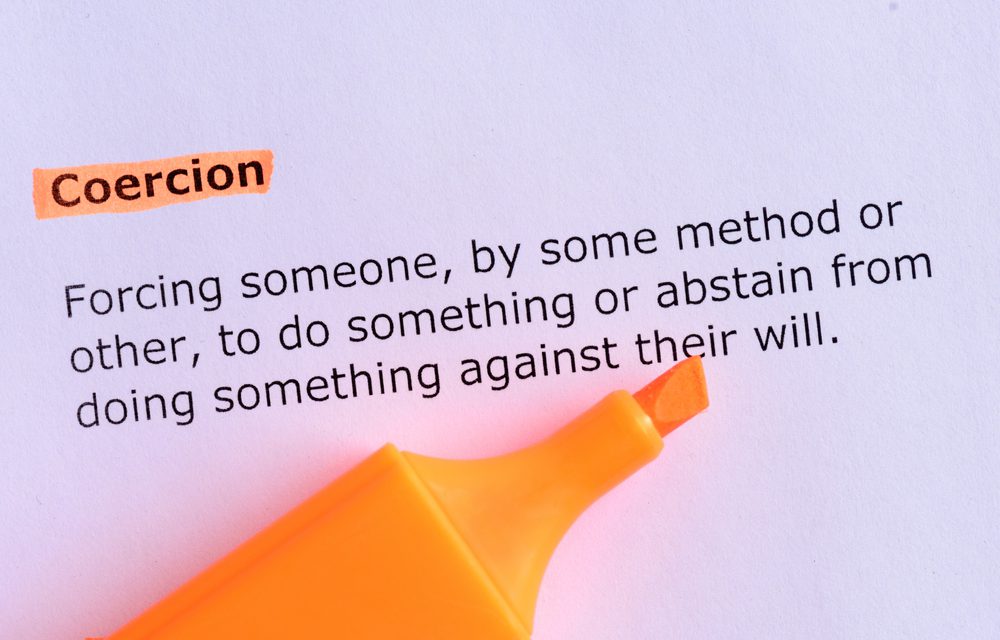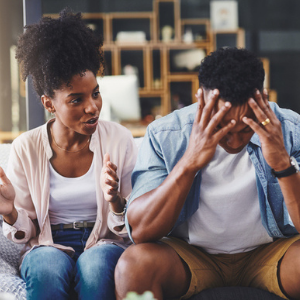
I spend a substantial amount of time on Twitter. More than I’m even willing to admit. I ironically however never tweet. A couple of days ago I stumbled across this tweet and flew into a rage.
More worrisome than the tweet itself were the replies to it. A ton of Nigerian men agreed with him. And even a couple of women admitted to having encouraged men to persuade them into having sex in the past.
I ranted to a coworker about how our purity culture prevents women from embracing their sexualities. And how someone could equate that with women preferring sex by coercion or harassment was beyond me.
For most Nigerian women the summary of the ‘sex talk’ they got if any was never to have sex outside of marriage. If you did, you’d get pregnant and die, and even more horrifying be tagged a loose woman with no morals. But we weren’t taught that our bodies are genetically wired to want sex. And when we discovered that a conflict arose. Do we give into these carnal desires we had been taught only loose women felt or stay true to what we’ve been taught and ‘save ourselves’ for marriage?
It’s 2019 and women of this generation are more sexually progressive. They are able to recognise that having and enjoying sex within or out of the confines of marriage is nothing to be ashamed of. But an internal conflict continues to rage for many women when they find themselves engaged in sexual activities. On one hand they are thinking ‘this feel nice and I want to go all the way’. On the other hand, they are dealing with the guilt of going against everything they’ve been taught by parents and society.

A couple of hours after the tweet went viral, @orekagodis started a conversation on her Instagram page. She wanted to know what people thought about this man’s bold declaration. Going through the conversation, I noticed a pattern emerge. The men seemed to think that women did indeed want to be coerced into sex and gave a couple of anecdotes. The women, on the other hand, said in summary ‘please keep your penises to yourselves, we don’t want that’.

Another troubling pattern I noticed going through both her thread and the replies to the original tweet was the difference in the use of English between men and women who were engaging in the conversation. The original tweet used the words coerced and harassed. Other men who were chipping into the conversation used words like ‘forced’ and ‘pressured‘. The women, on the other hand, used words like ‘convinced

If you looked past the choice of words you might understand the logic behind the tweet. Nigerian women often do want to be convinced into engaging in sexual activity because they’ve been taught for so long that their sexuality was something to be ashamed of. And desiring sex was wanton. They want to be convinced that having sex doesn’t mean they are loose or skanky.
But you can’t look pass the choice of words. Coercing, harassing, forcing, pressuring anyone into having sex with you is rape. And that’s because rape doesn’t always have to be violent. As long as consent wasn’t given rape occurs. Using coercion and force to get your way with someone strips the other person of the ability to consent.

The most dangerous thing about peddling this sort of narrative. Is that it gives rapists and sexual assaulters a justification for their actions. ‘Her mouth was saying no, but her body was saying yes’ ‘It wasn’t rape she just needed to be coerced into sex’
The disconnect between how both women and men were engaging with the tweet, led me to make a poll. This bold claim was being made on behalf of women by men. Which as we all familiar with, is a pattern with Nigerian men. I shared the poll with as many people as I could and on Twitter, and 50 women took part in it. Here’s what I found:
100% of the women who took the poll didn’t want to be coerced or even persuaded into having sex. Even though 38.8% of them struggled with embracing their sexualities because of everything from parental expectations to societal pressure. Despite struggling to see sex as a casual activity they could engage in without feeling guilty, these women knew exactly what they wanted and it wasn’t to be coerced into having sex.

55.5% of these women, however, had been coerced into having sex at some point in their lives. Sometimes more than once. And in each case, they neither wanted it nor asked for it. 6% of the women who had been coerced into having sex felt it was somehow their fault and they had encouraged it. And one woman wasn’t sure if it was her fault or not.
Let me expatiate on this a little bit. This 6 % of women had stated they didn’t want to be pressured into having sex, had however been pressured into having sex at some point in their lives and now thought it was something they had done or not done that brought this on. To encourage openness I made this poll anonymous but to that 6 % of women, I have one thing to say – It was not your fault and you didn’t ask for it.
‘Have you been in any situation where you said no to sex but really meant yes? 94% of the women in this poll gave a definite no to this question. Exactly 3 women admitted having done it. For one woman it was because she knew she’d regret it after, for another, it was dealing with the guilt brought on by purity culture, and the last because she didn’t want to be seen as a hoe.
There are about 100 million women in Nigeria, and the voices of 50 women out of that number is a pin drop in the ocean. However, it is 50 more women than were consulted in the making of the tweet that triggered this article, and the ensuing replies. And those 50 voices are all saying one thing. ‘We don’t want to be coerced, harassed, forced or pressured into sex.




